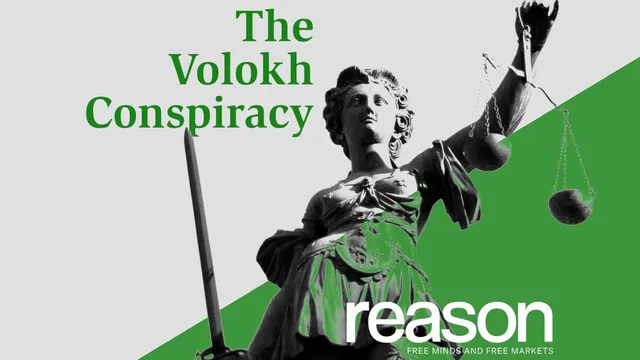
Smokey Robinson voices disappointment with Trump's presidency
2025-02-17 11:02- Smokey Robinson expressed his dissatisfaction with Donald Trump's policies and presidency shortly after his inauguration.
- He voiced that he was not a supporter of Trump and emphasized the importance of examining one's political choices.
- Robinson's comments sparked discussions on leadership, representation, and the role of public figures in political discourse.
Express your sentiment!
Insights
In the United States, Smokey Robinson publicly shared his views on Donald Trump's presidency shortly after he was inaugurated as the 47th U.S. President. Robinson, a renowned singer and songwriter known for classics such as 'You've Really Got a Hold on Me,' expressed his dissatisfaction with Trump's policies, particularly those targeting LGBT+ rights and immigration pathways. He noted that he was not a supporter of Trump and felt disappointed with the current political climate. Additionally, Robinson emphasized that he did not watch Trump's inauguration, in contrast to his experiences at past inaugurations for Barack Obama and Joe Biden. He stated his longing for the end of Trump's term, highlighting the emotional impact that the current administration has had on him. Robinson's comments came amidst a politically charged landscape in the United States, where discussions around race, equality, and civil rights remain ever pertinent. His statements were reflective of a broader sentiment among some segments of the population who have voiced concerns over Trump's leadership style and policies. Furthermore, Robinson's reflections included a comparison to the legendary civil rights leader Martin Luther King Jr., whom he admired for his efforts to bring unity through music. He also urged individuals, particularly those of color and women, to reconsider their political choices in favor of candidates who promote equality and respect. Robinson's outspoken stance on these issues highlights the ongoing debates surrounding leadership and representation in American politics, emphasizing the role of public figures in shaping social commentary and activism.
Contexts
The impact of music on the civil rights movement was profound and multifaceted, serving as both a means of communication and a source of inspiration for activists. Music provided a powerful vehicle for expressing the struggles, aspirations, and resilience of the African American community during a time of systemic racism and oppression. Songs such as "We Shall Overcome" became anthems for protest, encapsulating the desire for freedom and equality while fostering solidarity among those involved in the movement. These hymns often had roots in African American spirituals and folk music, drawing on a rich cultural heritage to convey messages of hope and perseverance in the face of adversity. In addition to creating a sense of unity, music played a critical role in raising awareness of the civil rights issues faced by the African American community. Artists such as Billie Holiday, with her iconic song "Strange Fruit," brought attention to the horrors of lynching and racial violence, shocking listeners and eliciting a moral response from a broader audience. Similarly, performers like Bob Dylan and Joan Baez used their platforms to address social injustices, blending folk music with a political message that resonated with both the youth and the established civil rights organizations. This intersection of music and activism not only enriched the cultural fabric of the movement but also served to mobilize individuals for action. The effectiveness of music as a protest tool can also be seen in its role during marches, rallies, and sit-ins. Songs would often be sung in unison, rallying individuals together and energizing participants. The chants, hymns, and protest songs acted as calls to action, reinforcing a collective identity and morale in the struggle for civil rights. Music also facilitated a sense of continuity between generations of activists, allowing for the sharing of ideologies and experiences as different groups joined forces over shared goals. This lineage of musical activism contributed to the wider cultural revolution of the 1960s, intertwining with social movements and influencing a diverse array of artistic expressions. Ultimately, the lasting legacy of music in the civil rights movement is evident in its continued use as a means of advocacy and social change today. Many contemporary artists draw inspiration from the themes and struggles of the past, utilizing their art to address modern issues of inequality, discrimination, and injustice. This cycle of music as a form of protest underscores the ability of the arts to engage people, inspire movements, and foster societal transformation. The role of music in the civil rights movement serves as a reminder of the enduring power of artistic expression in the ongoing fight for human rights.